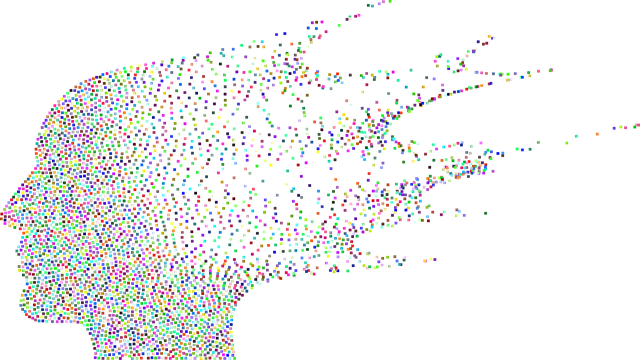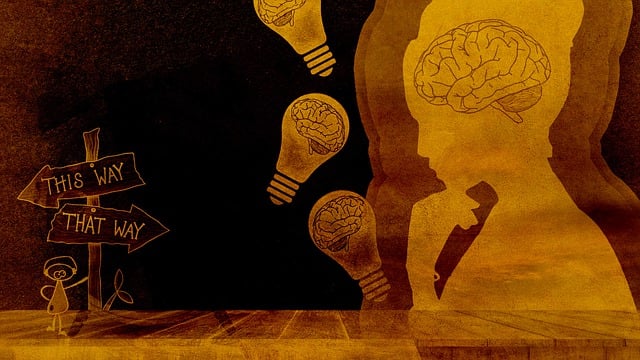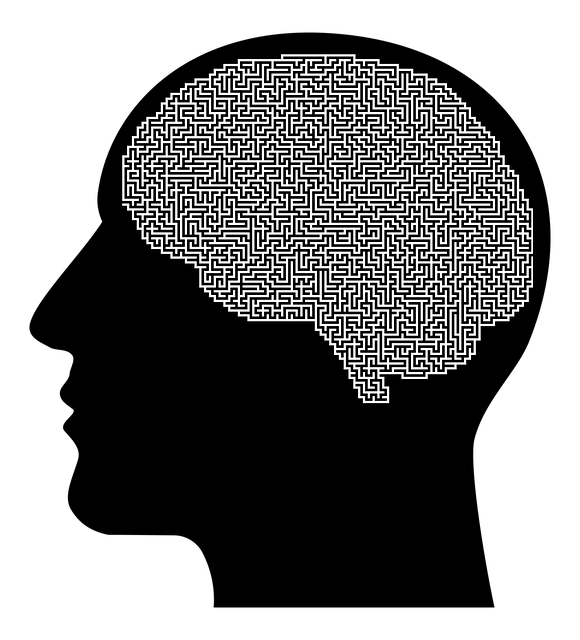Understanding ASD in young adults is crucial for effective crisis intervention, addressing social communication struggles, relationship challenges, and sensory sensitivities. Tailored therapy focuses on cultivating coping mechanisms, promoting independence, and enhancing social skills through Mind Over Matter principles. These strategies support stress management, prevent relapse, foster resilience, and improve overall well-being for this vulnerable population, emphasizing early depression prevention.
- Understanding Autism Spectrum Disorder in Young Adults
- Crisis Intervention Strategies for Effective Support
- Therapy Approaches and Their Impact on Recovery
Understanding Autism Spectrum Disorder in Young Adults

Understanding Autism Spectrum Disorder (ASD) in young adults is crucial for effective crisis intervention strategies. ASD significantly impacts social communication and interaction, often leading to unique challenges that manifest during adolescence and early adulthood. Many young adults with ASD struggle with transitioning into independent living, maintaining relationships, and managing sensory sensitivities, which can contribute to heightened stress levels and increased risk of mental health issues, such as anxiety and depression.
Therapy for young adults with ASD focuses on cultivating coping mechanisms, promoting independence, and enhancing social skills. Mind Over Matter principles can play a pivotal role in burnout prevention by teaching self-regulation strategies tailored to the individual’s needs. By integrating these principles into crisis intervention plans, professionals support young adults in managing stress, preventing relapse, and fostering resilience, ultimately improving their overall well-being and quality of life. Additionally, addressing depression prevention head-on is essential, as early intervention can significantly mitigate long-term mental health outcomes for this vulnerable population.
Crisis Intervention Strategies for Effective Support

Crisis intervention strategies are vital for supporting young adults with Autism Spectrum Disorder (ASD) during challenging times. When faced with acute stress or anxiety, individuals on the autism spectrum may experience difficulties in managing their emotions and coping mechanisms. Therefore, therapists should incorporate specific techniques tailored to their needs. One effective approach is utilizing therapy sessions focused on teaching stress reduction methods and anxiety relief strategies, such as mindfulness exercises and deep breathing techniques, which can help regulate their responses during crises.
Moreover, incorporating compassion cultivation practices into the therapeutic process can significantly enhance their resilience. By fostering a sense of self-compassion and empathy towards others, young adults with ASD can develop healthier relationships and improve their overall well-being. These strategies collectively empower them to navigate through crises, promoting better emotional regulation and adaptability in various settings.
Therapy Approaches and Their Impact on Recovery

For young adults with Autism Spectrum Disorder (ASD), various therapy approaches have proven effective in supporting their recovery and overall well-being. One key strategy is social skills training, which focuses on teaching essential interpersonal and communication skills tailored to their unique needs. By learning to navigate social situations, individuals with ASD can build confidence and improve their relationships with peers and mentors, fostering a sense of belonging and community integration.
Additionally, crisis intervention guidance plays a vital role in managing emotional and behavioral challenges. Techniques such as cognitive-behavioral therapy (CBT) equip young adults with tools to recognize and regulate their emotions more effectively. This includes teaching mood management strategies like mindfulness, relaxation techniques, and problem-solving skills. Through these therapies, individuals gain the resilience needed to cope with stressful situations, reduce anxiety, and enhance overall emotional stability.
In addressing the challenges faced by young adults with Autism Spectrum Disorder (ASD), a multifaceted approach is crucial. By understanding ASD’s unique presentation in this demographic and employing effective crisis intervention strategies, we can significantly enhance support. The article has explored key therapy approaches and their positive impact on recovery. When tailored to individual needs, these therapies offer hope and improved quality of life for young adults navigating the complexities of ASD. For families and caregivers, staying informed about evidence-based practices, such as those discussed here, is essential in fostering better outcomes. Effective crisis guidance empowers individuals with ASD to navigate challenges with resilience, ultimately enriching their lives.










